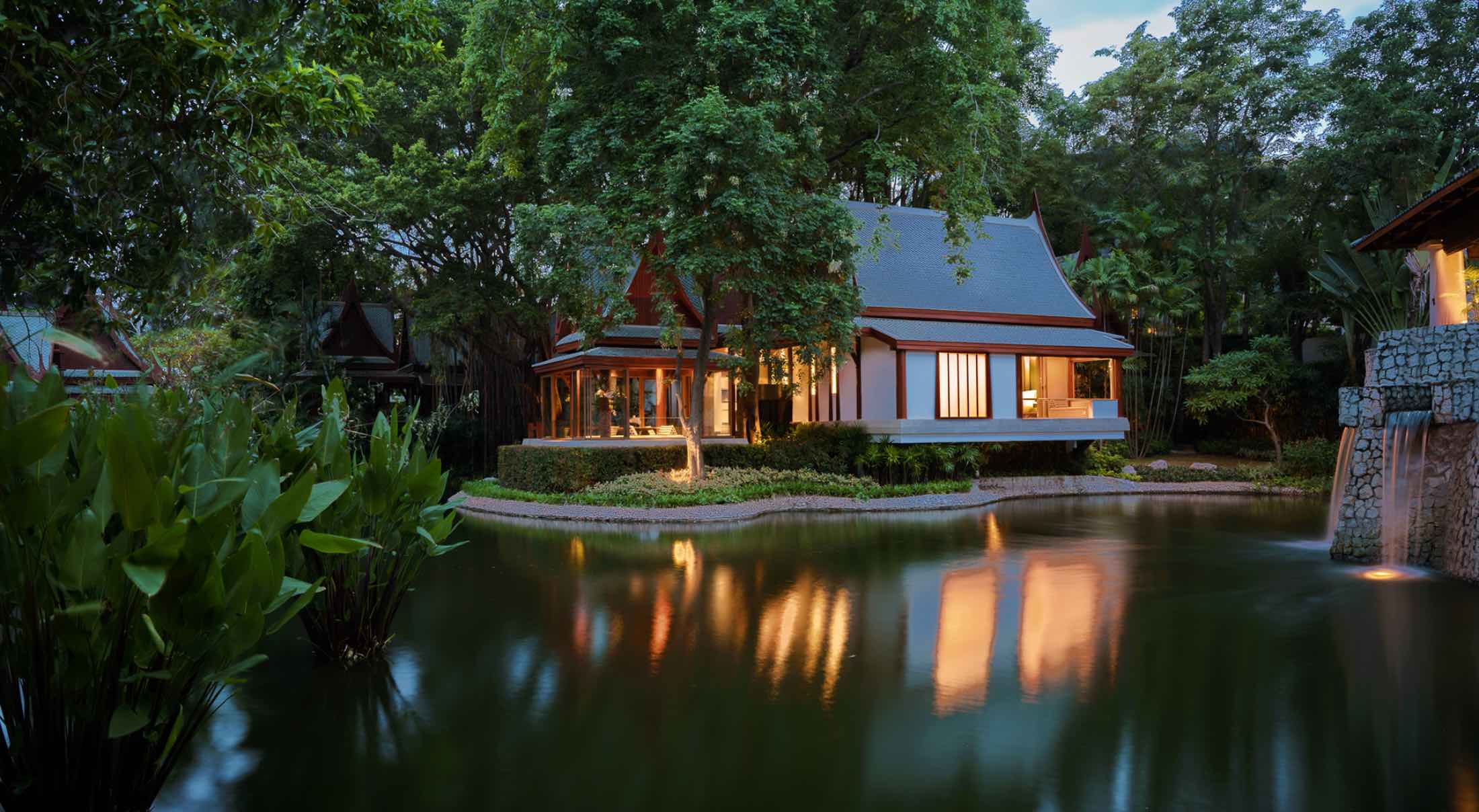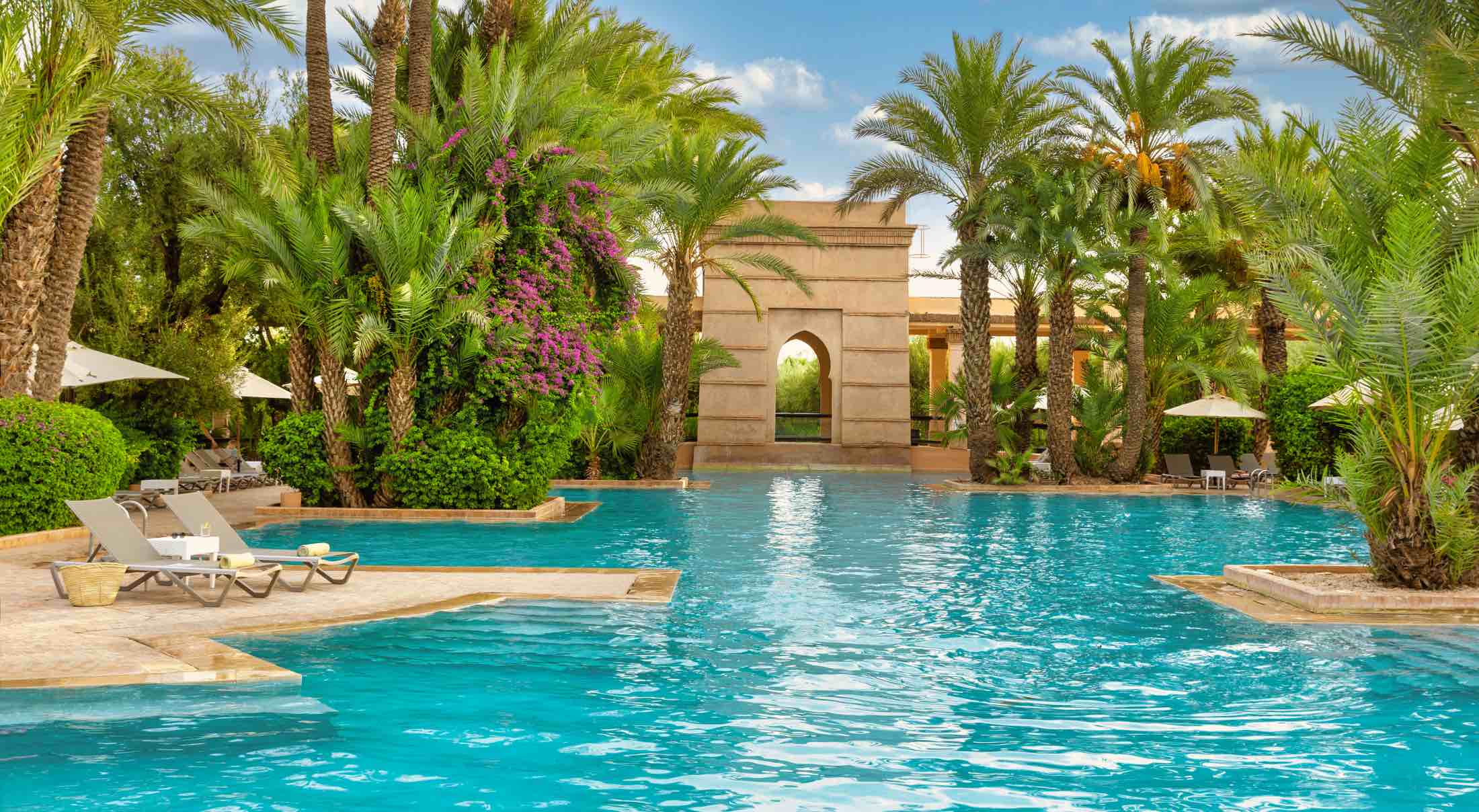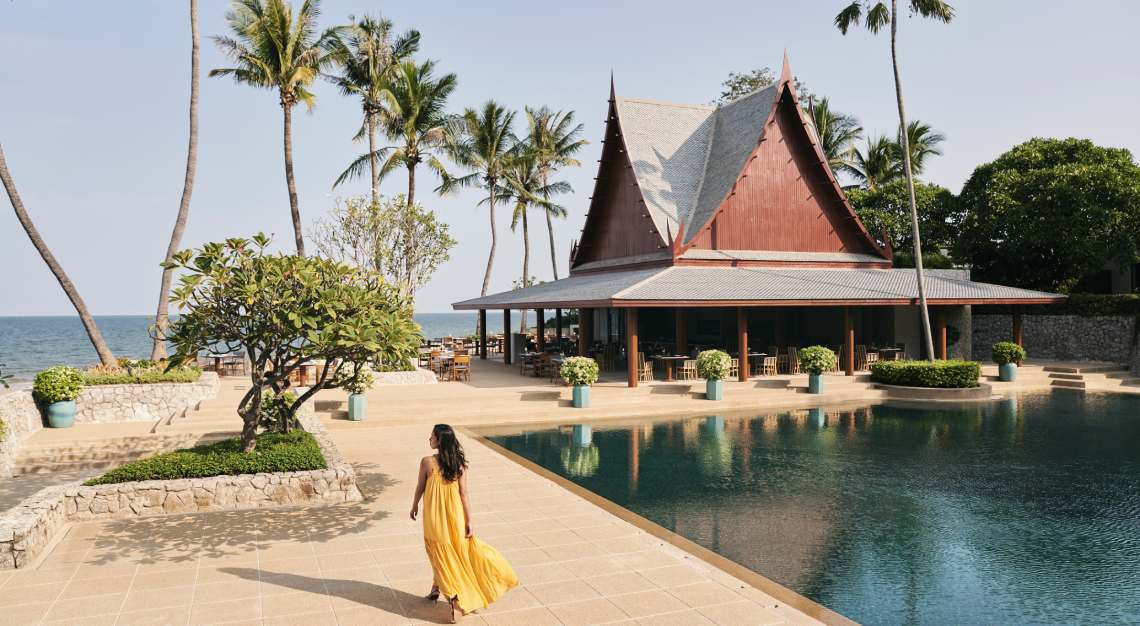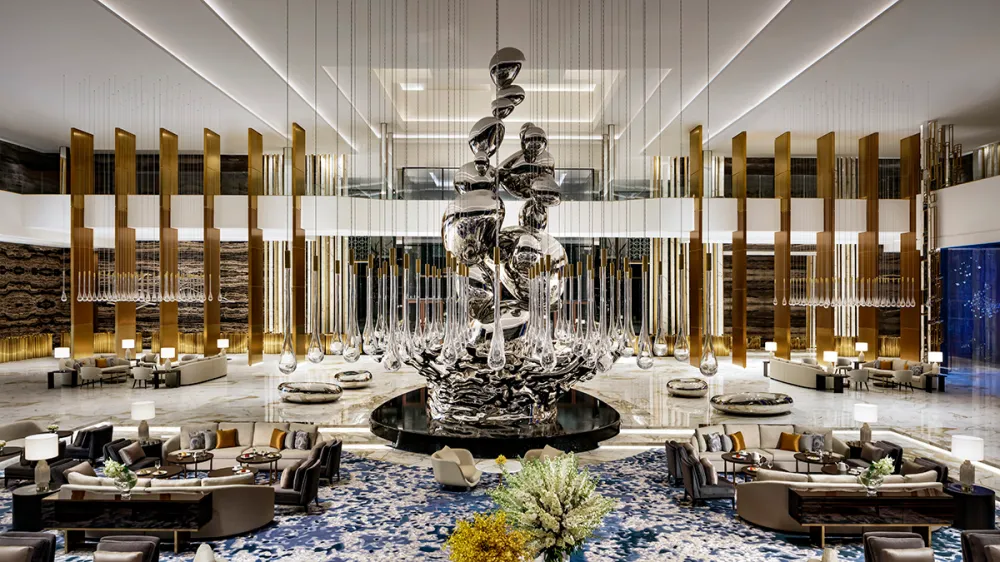In a world of ambient fatigue, wellness retreats offer much-needed relief to the constantly engaged
You wake up tired, reach for your phone, and start scrolling before you’ve even released a yawn. Sounds familiar? Instant connectivity, social platforms, and an endless stream of content have become fixtures of modern life. What’s easy to forget is how recent, and disruptive, this shift has been. We’ve adapted quickly, using these tools to organise, optimise, and occupy nearly every waking hour. But at what cost?
If your day moves from one screen to the next, you likely don’t need a study to confirm the effects. Anyone who has spent an hour scrolling passively knows the restlessness it leaves behind. As political commentator Chris Hayes observes in his book The Sirens’ Call, distraction has become so abundant that attention now commands a premium.
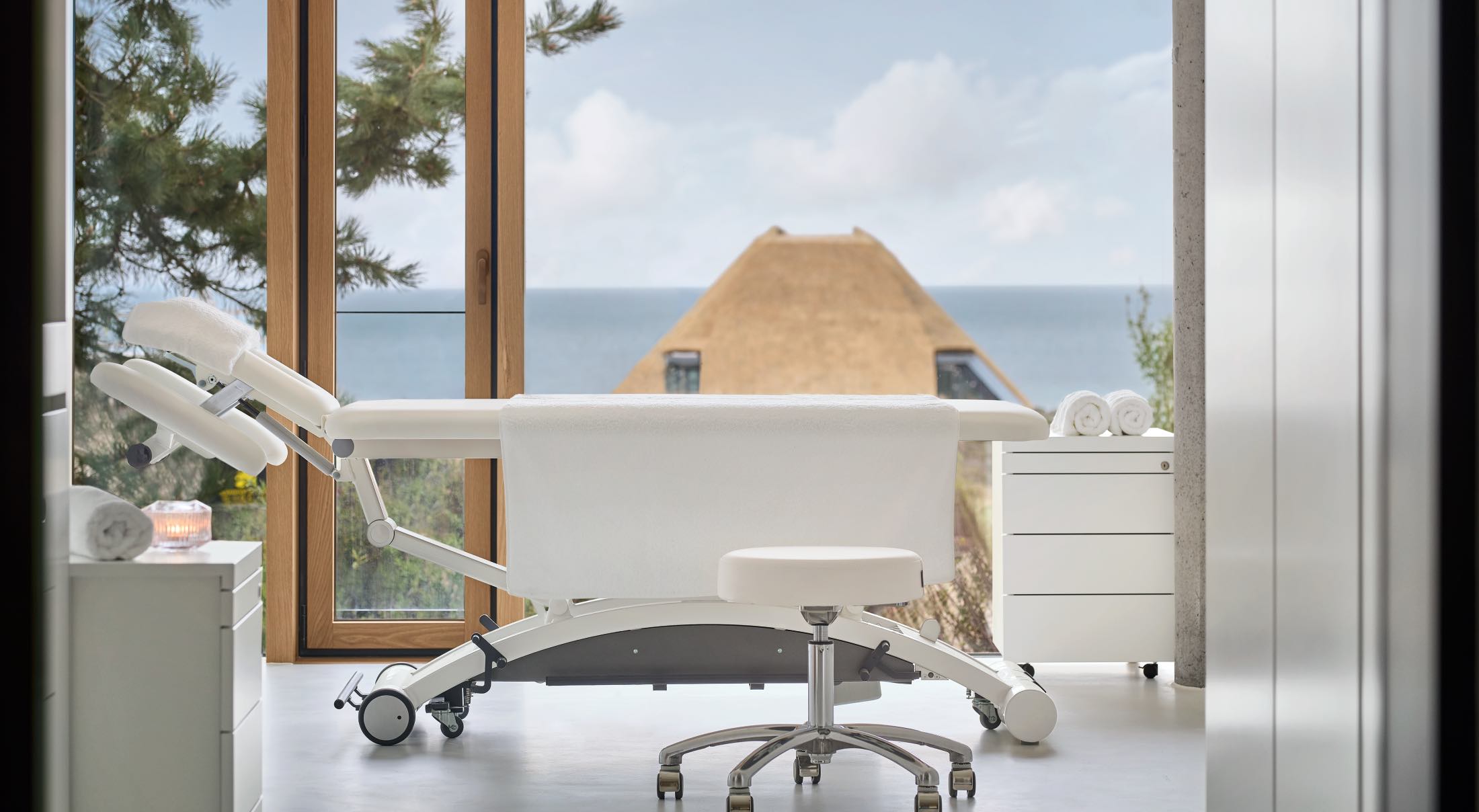
But it’s not just attention that we’ve lost. Rest, too, has become elusive. One only needs to look at the surge in wellness retreats to see how widespread the need has become. For those confused with the idea of a destination designed purely for rest and recovery (after all, aren’t all vacations meant to do that?) the concept can seem abstract. How do wellness resorts help soothe a soul fettered by constant engagement?
Rhythm and Recovery
Spending your hard-earned money and precious vacation time to catch up on sleep may sound absurd. But when deep, restorative rest becomes elusive, the real irony may lie in how far we’ve strayed from being able to access it on our own. Our daily lives have become a perfect storm for sleep disruption. Light exposure, erratic schedules, late-night screens, and stress have adverse effects on the body’s natural rhythm. And while traditional medicine often prescribes pills, a handful of wellness resorts are treating sleep disruption as a broader, systemic failure.
At Lanserhof Sylt in Germany, sleep is approached with the precision of medical science. One of the world’s leading health resorts, Lanserhof’s holistic and clinically led approach means that guests who opt for its sleep programme undergo diagnostics more commonly found in hospitals than hotels. Using tools such as polysomnography, oxygen saturation monitoring, and circadian rhythm analysis, in-house physicians and therapists create tailored programmes that are designed to stabilise the body’s internal cycles.
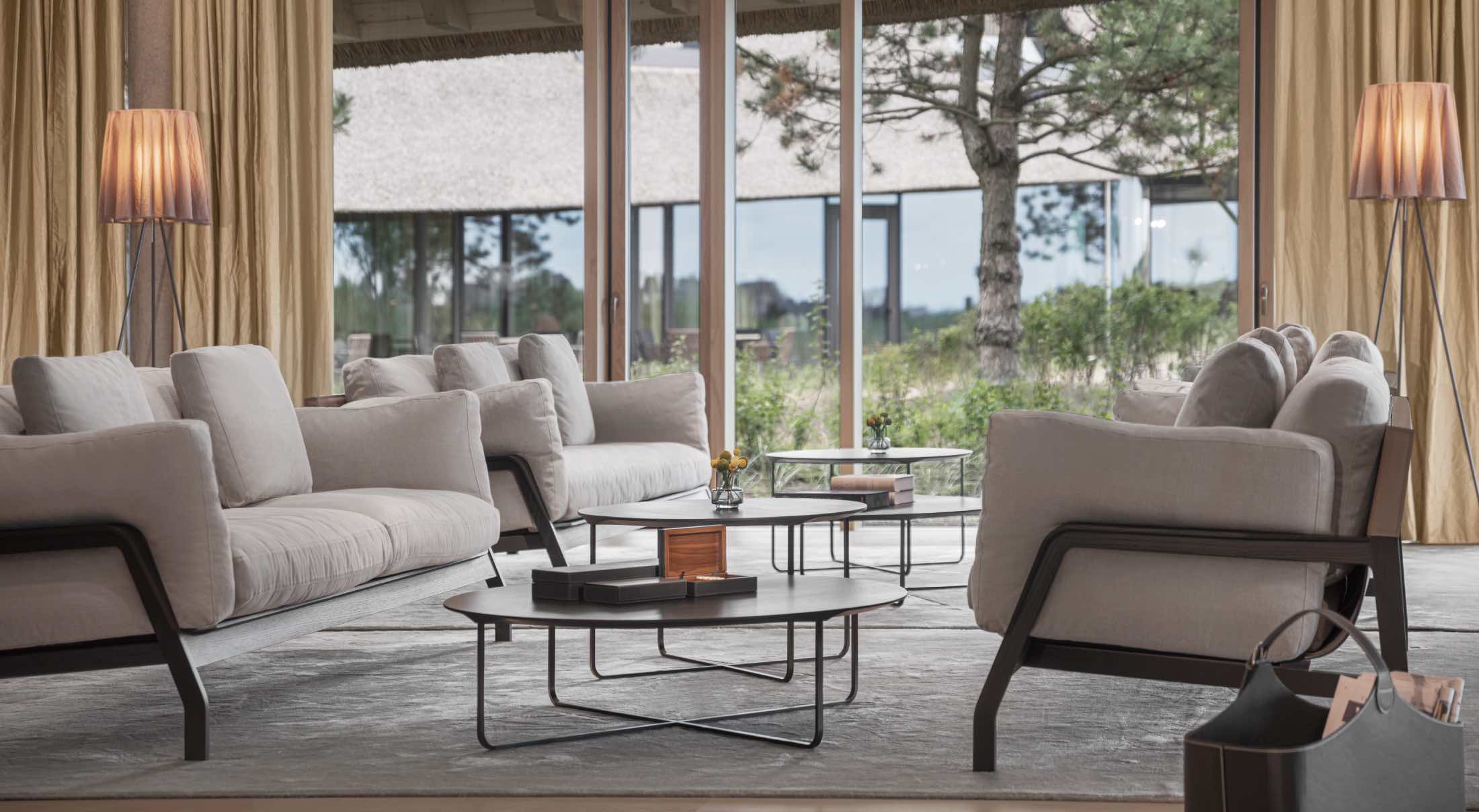
These may include chronotherapy, oxygen therapy, physiotherapy, and targeted movement. The aim, as Lanserhof puts it, is not just to help guests sleep, but to rebuild the conditions that make good sleep possible. While the retreat isn’t inherently ascetic, guests are made aware that they are there to reset. You’ll still have access to your digital devices and Wi-Fi. That being said, pulling your phone out in the common areas will have the staff reminding you to put it away.
Chiva-Som in Thailand shares this ethos with a gentler but equally purposeful approach. Its six-night sleep enhancement programme begins with a personal health consultation and, if necessary, will include hormone profiling and sleep apnea screening.
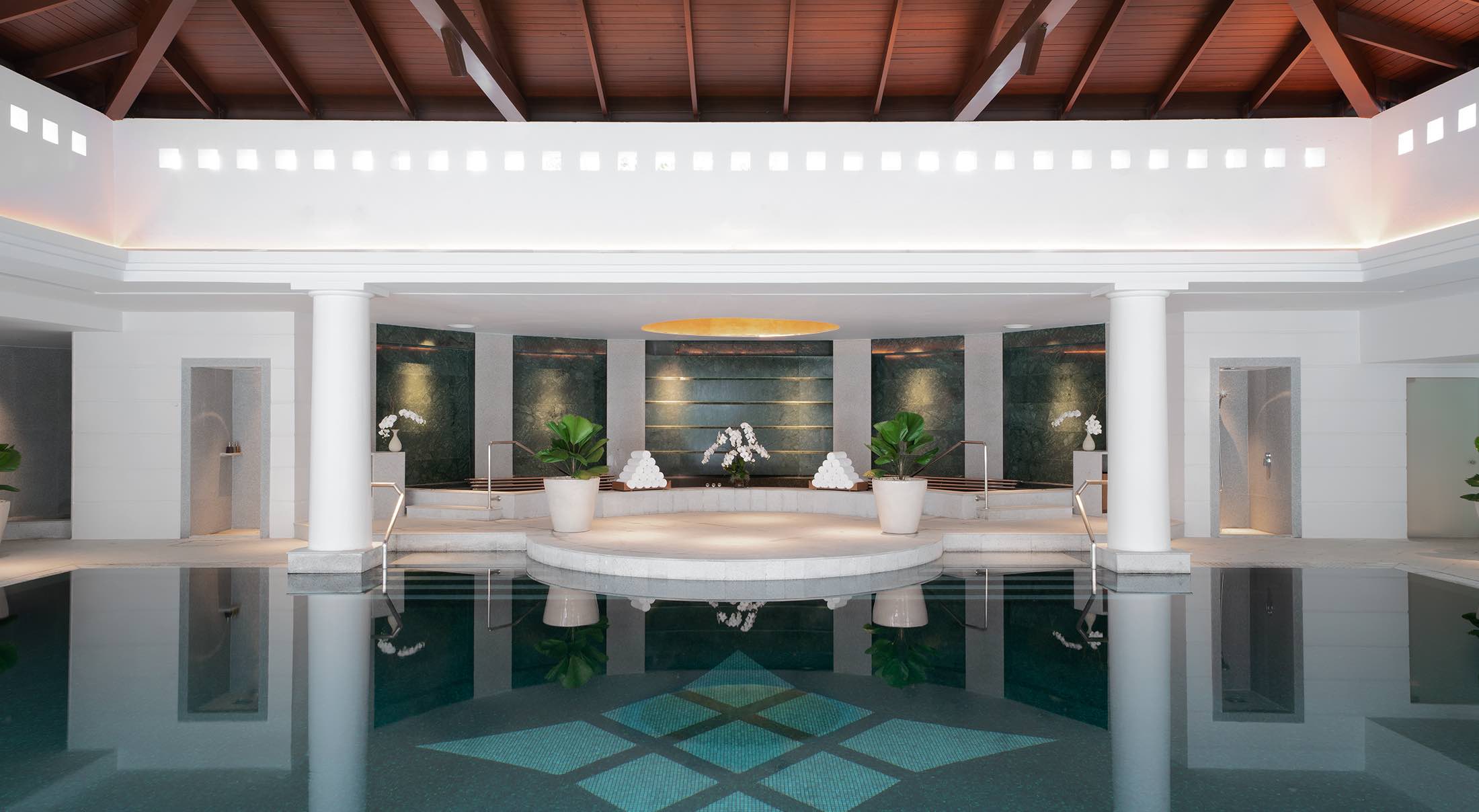
Treatments such as Chi Nei Tsang (a deep abdominal massage), reflexology, and Ayurvedic scalp massage are used to help regulate the parasympathetic nervous system. Movement therapies and physiotherapy are also tailored to the individual, alongside nutritional support and herbal supplements that are designed to aid melatonin production.
Place and Presence
Yet even when the body is rested, a subtler form of fatigue can remain. Much of modern life unfolds indoors and we spend most of our time under artificial lighting while sitting in front of screens. The natural world becomes something that is glimpsed through windows or scrolled past on our feeds. This disconnection can erode our sense of presence and connection.
Nature-focused wellness resorts like Nihi Sumba, which is located on an unspoilt Indonesian island, offer an alternative. The resort’s Wild Wellness philosophy emphasises a strong and active reconnection with nature, offering guests a plethora of experiences that include everything from a trek to hidden waterfalls and horse rides on a beach to horse yoga.

Central to this experience is the resort’s equine connection programme. Nihi Simba is, after all, the first hotel to have horses on-site 24/7 for therapy and wellness use. These interactions with the island’s native Sandalwood horses—be it grooming, feeding, or simply being in their presence—are facilitated without any imposed goals.
We’re not saying you need to frolic with horses to feel grounded in nature, but is there a more apt-sounding way of tuning into the unbridled energy of the natural world?
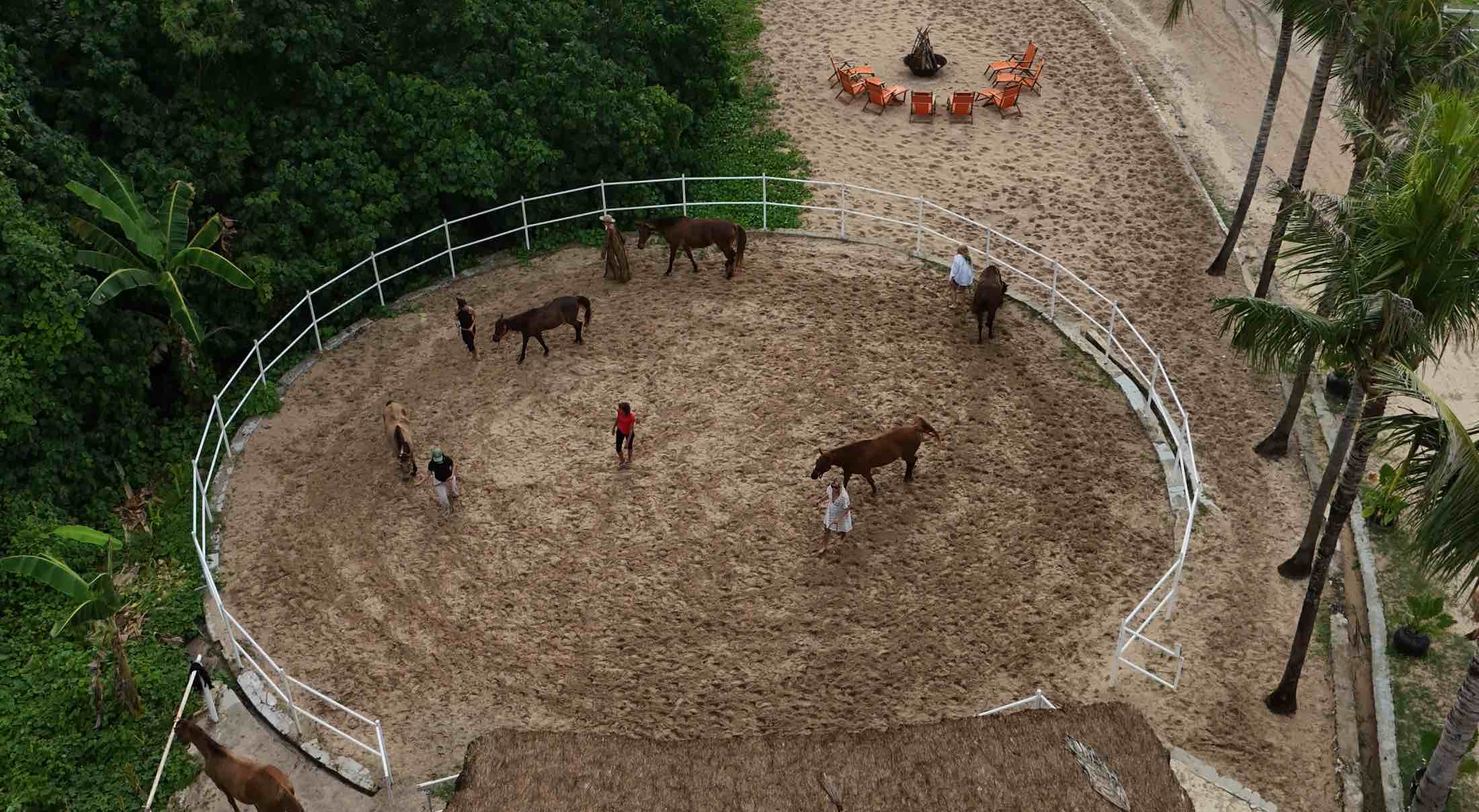
That, perhaps, is the quiet allure of wellness retreats. While they don’t claim to possess the panacea to modern restlessness, they offer a dedicated space that is purpose-built and designed for intentional rest. And in a world that rarely grants pause without reason, that may be reason enough.
This story first appeared in the June 2025 issue. Purchase it as a print or digital copy, or consider subscribing to us here
